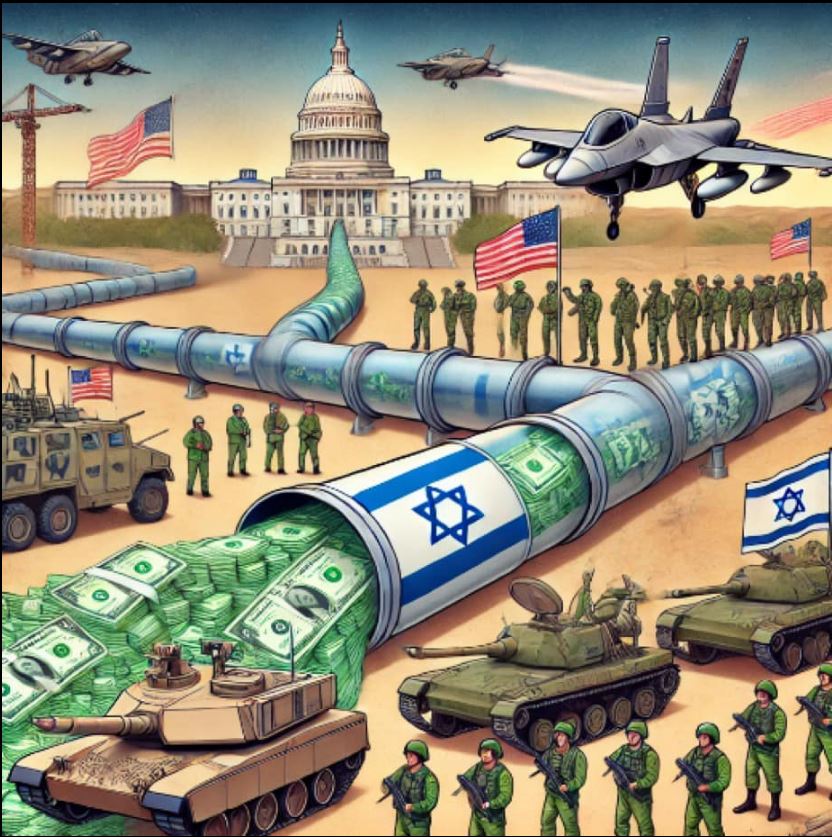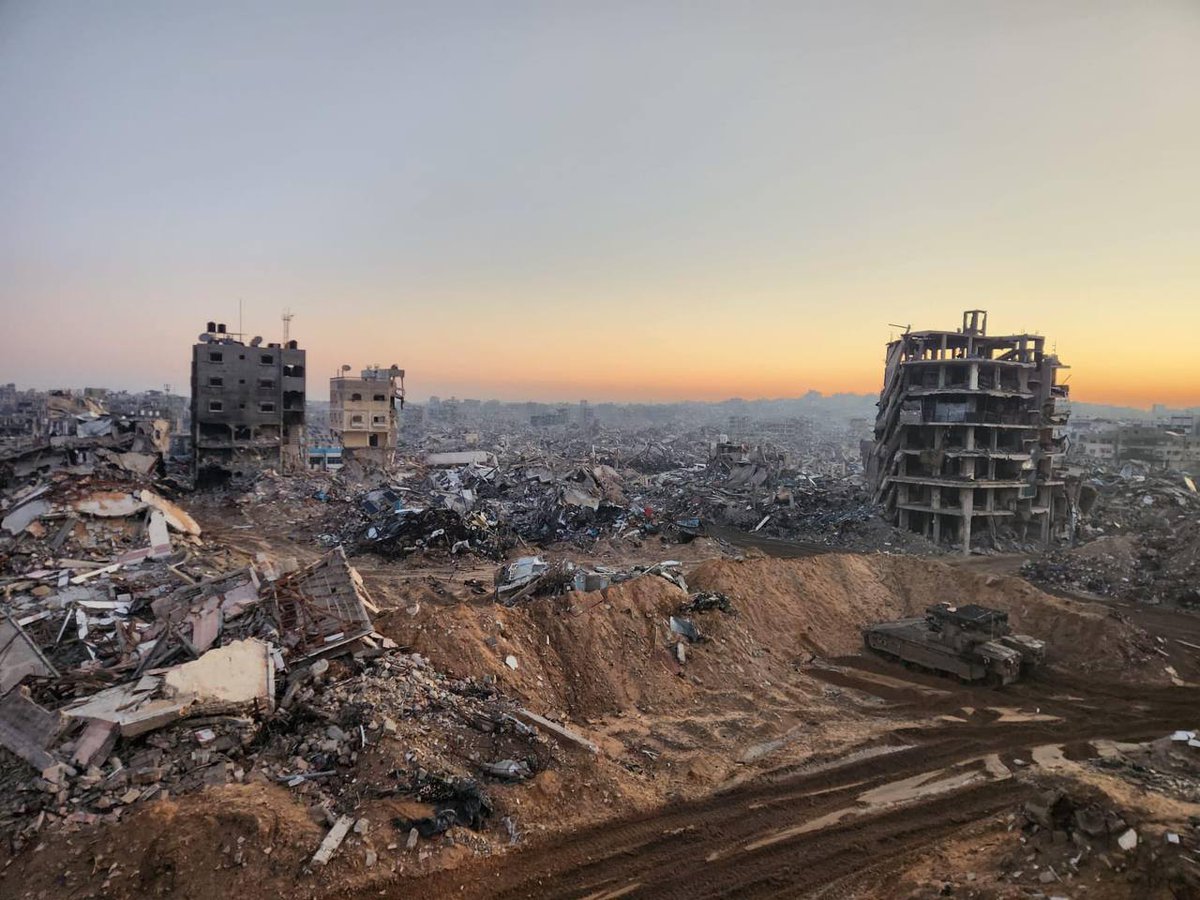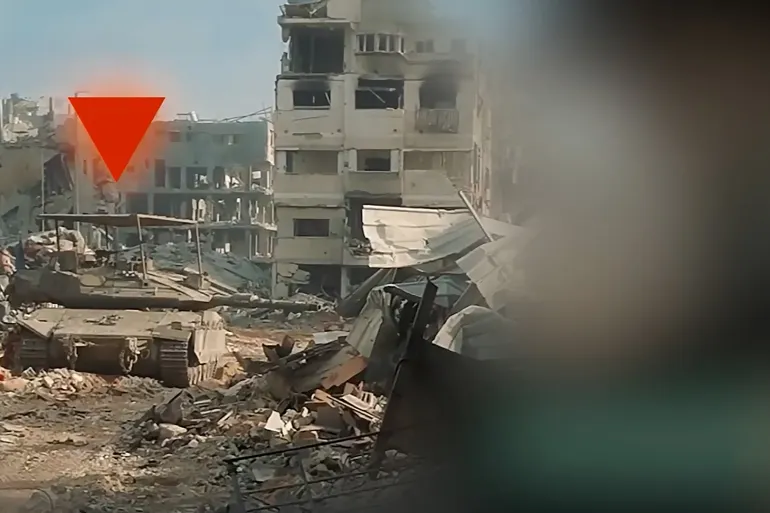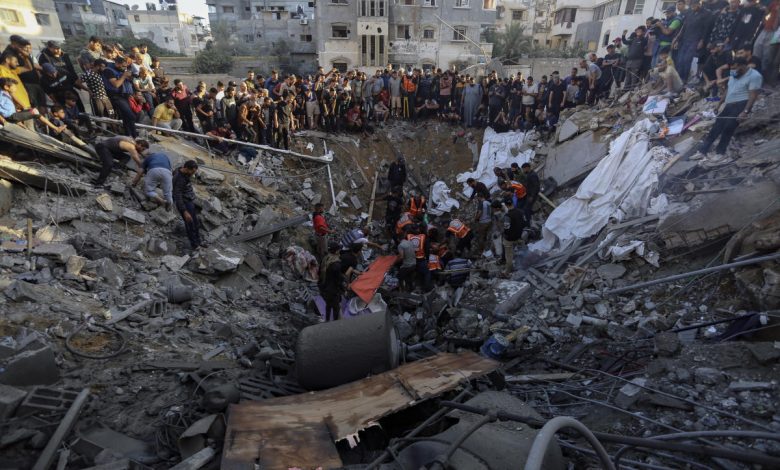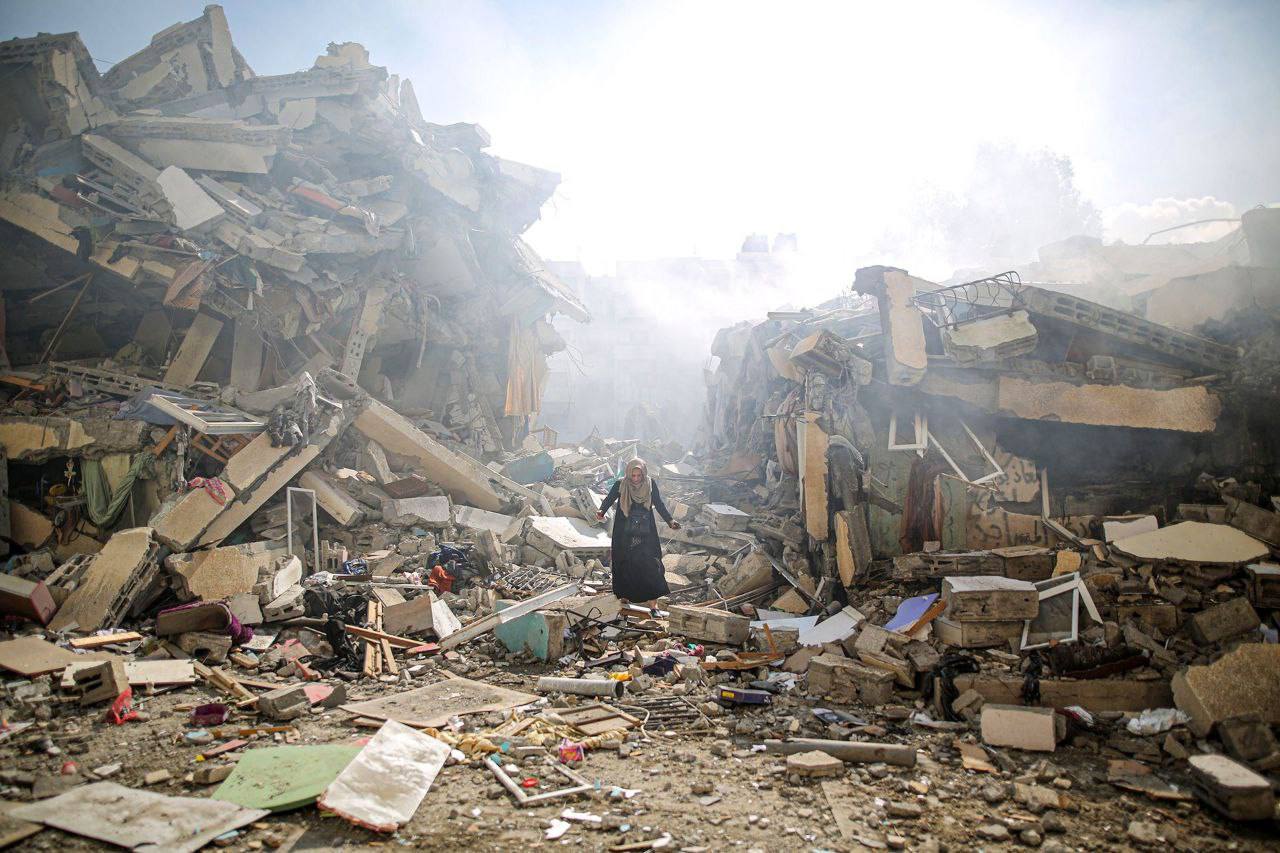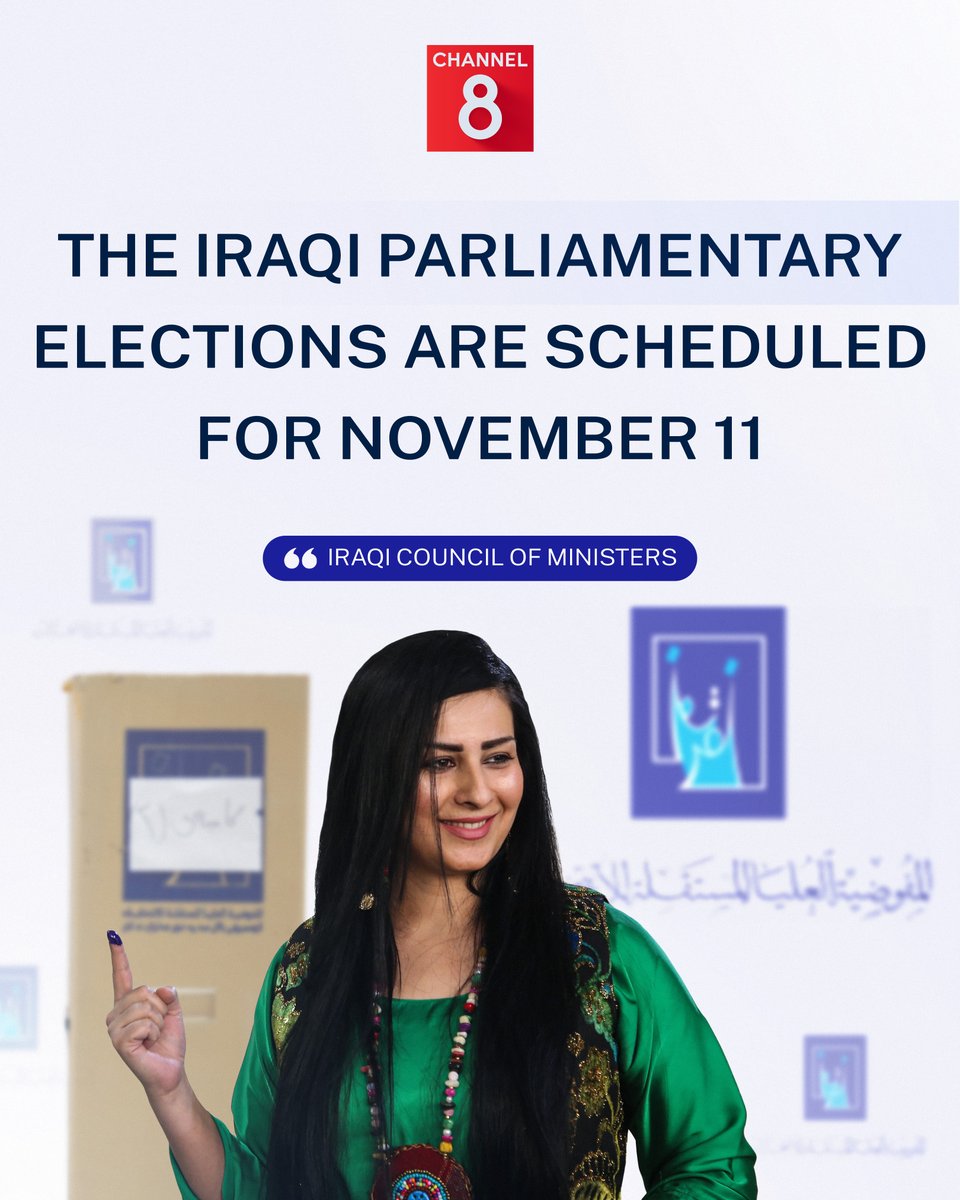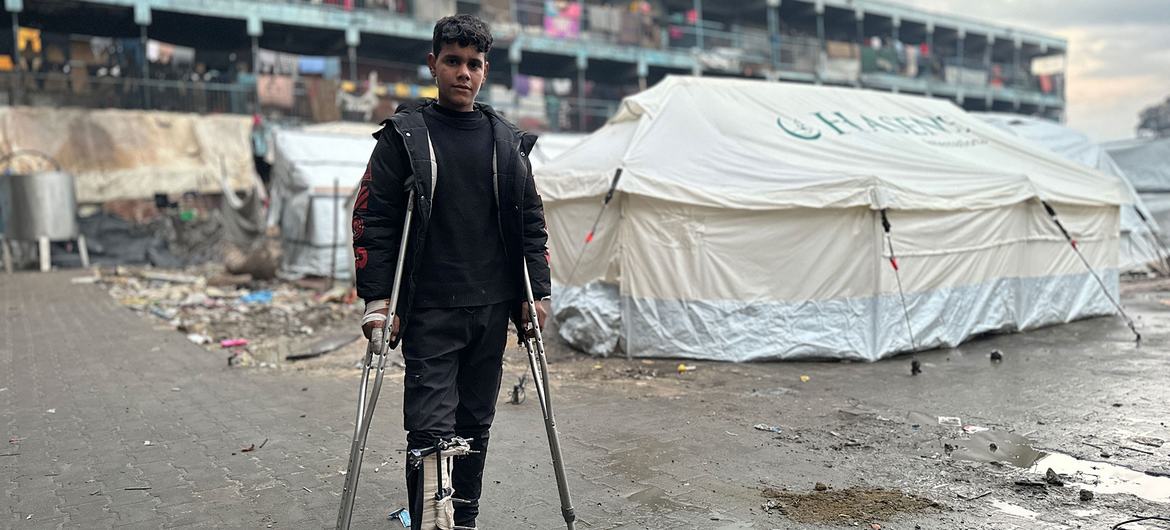Since October 7, 2023, the United States has spent over $22 billion in military aid for Israel. This includes assaults on Gaza, Lebanon, and Syria.
The Stockholm International Peace Research Institute reports that the US supplied 69% of Israel’s arms from 2019 to 2023. This share rose to 78% by the end of that period.
In December 2023, the US delivered over 10,000 tons of weapons worth $2.4 billion to Israel. By August 2024, this number increased to 50,000 tons, transported via hundreds of planes and ships.
The US has provided advanced military equipment to Israel. This includes Iron Dome missiles, precision-guided bombs, CH-53 helicopters, AH-64 Apache helicopters, 155mm artillery shells, bunker-busting munitions, and armored vehicles.
Since 1946, US military and economic aid to Israel has totaled over $310 billion, adjusted for inflation. A 10-year, $38 billion military aid deal signed in 2016 remains active, allocating $3.8 billion annually. Emergency packages in 2024 added billions more, including $14.1 billion approved in February and a $2.5 billion arms shipment in March.
US weapons used mainly against civilians have drawn condemnation. Critics point to limited Congressional oversight and ongoing scrutiny over the impact on Palestinians in Gaza.
Lawsuit against US State Department Over Military Aid
In December 2023, a group of Palestinians filed a lawsuit against the US State Department. The lawsuit accuses the department of bypassing US human rights laws to fund Israeli military units accused of committing atrocities in Gaza and the West Bank.
Filed in the US District Court for the District of Columbia, the lawsuit states that Secretary of State Antony Blinken ignored the Leahy Law. This law prohibits US military aid to units committing gross human rights violations without accountability.
One plaintiff, a teacher from Gaza, was displaced seven times during the genocide. He lost 20 family members in the genocide.
The lawsuit criticizes the US for supporting Israel amid escalating human rights abuses since the genocide began in October 2023.
Senate to Vote on Arms Sale Restrictions
The US Senate is set to vote on legislation to block specific arms sales to Israel. Senator Bernie Sanders, along with Democratic Senators Jeff Merkley and Peter Welch, introduced resolutions to prevent the sale of 120mm mortar shells and Joint Direct Attack Munitions (JDAMs).
Another resolution, supported by Senator Brian Schatz, seeks to halt tank shell sales. JDAMs, manufactured by Boeing, convert unguided bombs into GPS-guided weapons.
Despite these efforts, bipartisan support for Israel makes it unlikely the resolutions will pass. Advocates argue that Israel has obstructed aid shipments desperately needed by Palestinian civilians in Gaza.
Criticism of US military aid to Israel continues to grow as the humanitarian crisis in Gaza worsens as reported in the Quds News Network.

